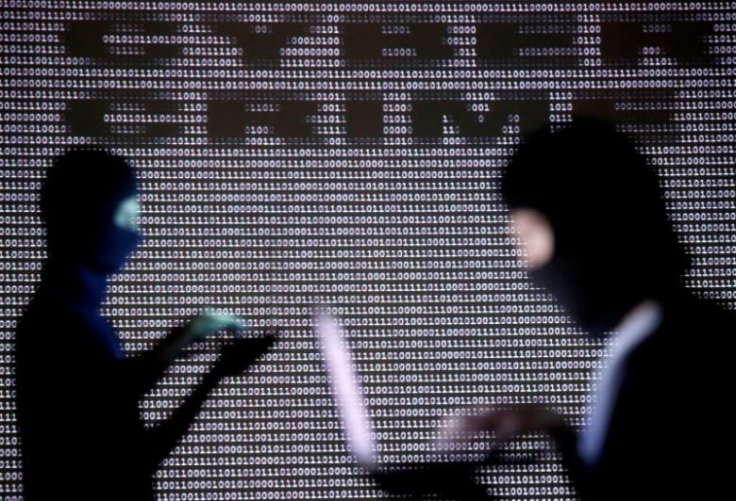
Parliament Street, a well-known research firm issued a Freedom of Information (FOI) request to four famous tourist attraction infrastructure in London to uncover how secure their IT processors are and it turned out like all those websites have faced a total of 109 million cyber-attacks over the past few years.
Kew Gardens, National History Museum, Tate Gallery and Imperial War Museum, these are the top leading tourist attractions, located in London, but as per Parliament Street these places are often attacked by potential hacking groups.
Among these four places, Kew Gardens faced maximum cyber attacks, as last year hackers tried to steal the data 86 million times. The Imperial War Museum was targeted by the potential data thieves 10 million times, while the Natural History Museum reported 875,414 incidents of cyber attack.
As reported by IT PRO, Tim Dunton, the founder and managing director of Nimbus Hosting said, "Hackers are increasingly targeting organisations which appear to hold large amounts of personal financial data."
He also added that "The high volume of attacks, in this case, is reflective of the threat posed by cyber criminals going to extreme lengths to obtain confidential information."
Spyware, the unwanted software that infiltrates computer device and steals internet usage data as well as sensitive information, was responsible for 82 million of the attacks, while the attempts to leak information were identified in 1.6 billion cases.
As per the COO of FMD Group, Sheila Flavell, the data thieves are targeting tourist attraction infrastructures because they know that those sites hold a particular amount of data which can be used maliciously or sold to another party.
"These incidents are a reminder of the urgent need to increase the UK's level of cyber expertise by getting more people into the tech industry," she said and added that "to achieve this, we need a much sharper focus on boosting interest in this critical area, recruiting more women and encouraging a diverse pool of talent so that we have the skills needed to tackle this very real and relentless threat."
Quick facts:
How to recognize spyware?
- The device will be slow or crash unexpectedly
- The device will run out of hard drive space quite fast
- Pop-up notification when someone is online or offline
How to remove spyware?
- Run a scan with current security software.
- Download and run a virus removal tool.
- Can use anti-spyware removal tools.
Prevention measures?
- Don't open emails from unknown senders.
- Don't download files from untrustworthy sources.
- Don't click on pop-up advertisements.









